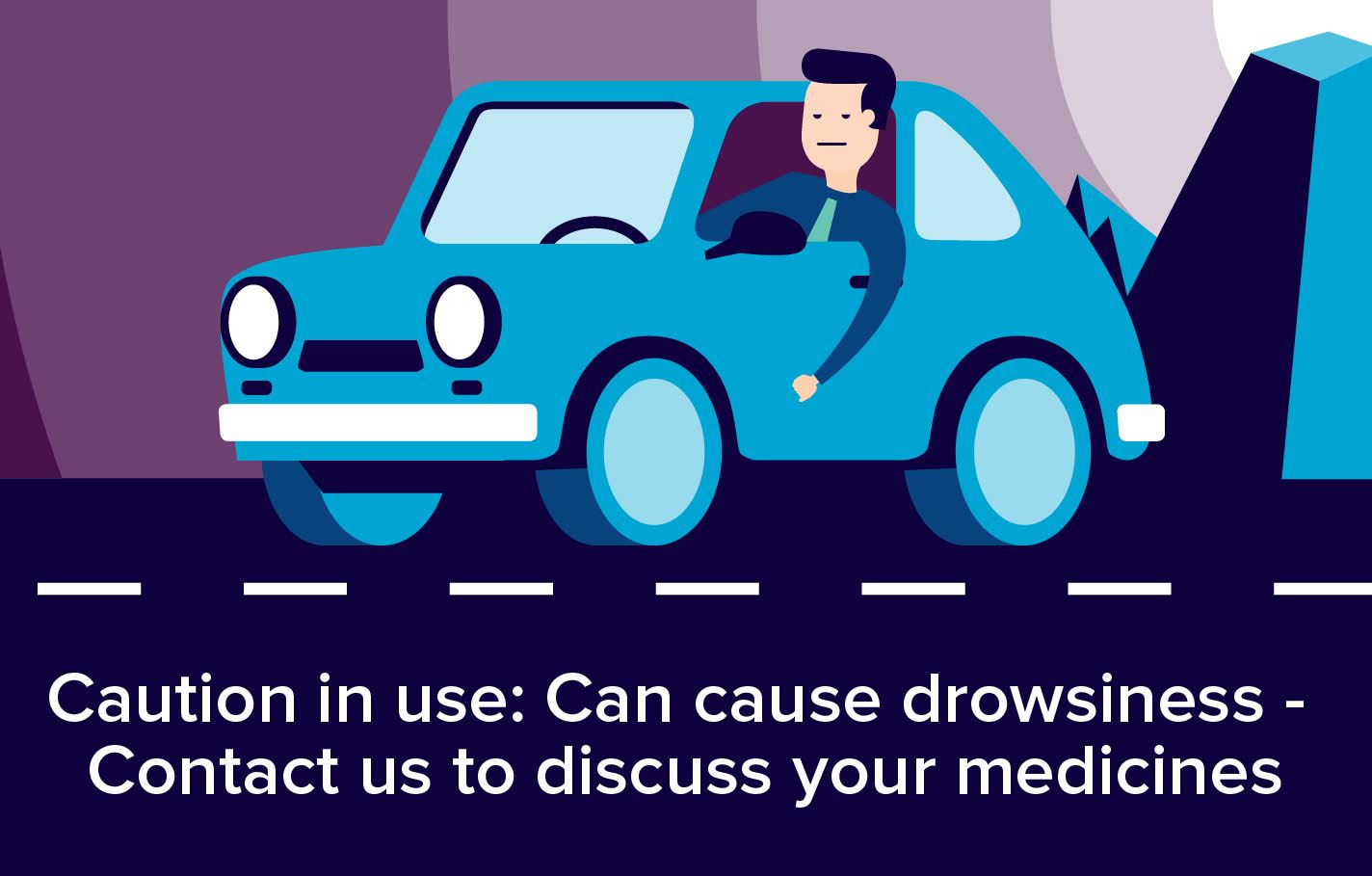Zestoretic (Lisinopril/Hydrochlorthiazide) is used to treat high blood pressure (hypertension). It contains two medicines called lisinopril and hydrochlorothiazide.

Why have I been prescribed Zestoretic?
- Zestoretic (Lisinopril/Hydrochlorthiazide) is used to treat high blood pressure (hypertension).
- It contains two medicines called lisinopril and hydrochlorothiazide.
How does it work?
- Lisinopril belongs to the group of medicines called Angiotensin Converting Enzyme (ACE) Inhibitors.
- ACE inhibitors work by helping to widen your blood vessels, which then make it easier for your heart to pump blood through them.
- Hydrochlorothiazide belongs to a group of medicines called diuretics (water tablets). It helps your body to get rid of water and salts like sodium in your urine.
- These medicines work together to lower your blood pressure.
When and how do I take it?
- Swallow the tablet with a drink of water.
Taking your first dose
- Take special care when you have your first dose of Zestoretic or if your dose is increased.
- It may cause a greater fall in blood pressure than later doses.
- This may make you feel dizzy or lightheaded. If this happens, it may help to lie down.
- If you are concerned, please talk to your doctor as soon as possible.
What’s the dose?
Adults
- The usual dose is one tablet once a day. Your doctor will prescribe the tablet that is the right strength for you.
- If necessary, your doctor may increase your dose to two tablets once a day.
Children
- Zestoretic is not recommended for use in children.
Could it interact with other tablets?
Tell your doctor if you are taking, or have recently taken, any other medicines. This includes medicines that you buy without a prescription and herbal medicines. This is because Zestoretic can affect the way some medicines work and some medicines can have an effect on Zestoretic.
In particular, tell your doctor or pharmacist if you are taking any of the following medicines:
- Other medicines to help lower your blood pressure.
- Water tablets (diuretic medicines).
- Non-steroidal anti‑inflammatory drugs (NSAIDs) such as indometacin, used to treat pain and arthritis.
- Lithium for mental problems.
- Potassium tablets or salt substitutes that have potassium in them.
- Insulin or medicines that you take by mouth for diabetes.
- Medicines that contain gold, such as sodium aurothiomalate, which may be given to you as an injection.
What are the possible risks or side-effects?
If you have a severe allergic reaction, stop taking Zestoretic and see a doctor immediately. The signs may include sudden onset of:
- Swelling of your face, lips, tongue or throat. This may make it difficult to swallow.
- Severe or sudden swelling of your hands, feet or ankles.
- Difficulty breathing.
- Severe itching of the skin (with raised lumps).
Severe liver problems (very rare, affect less than 1 in 10,000 people) The signs may include:
- Yellowing of your skin or eyes, dark coloured urine or a loss of appetite. If this happens to you, see a doctor immediately.
Other possible side effects: Common (affect less than 1 in 10 people)
- Headache.
- Feeling dizzy or light headed, especially if you stand up quickly.
- Fainting.
- Pins and needles.
- Diarrhoea.
- Feeling sick (nausea) or being sick (vomiting).
- A dry cough that does not go away.
- Skin rash.
- Muscle problems including cramps and weakness. Feeling tired or feeling weak (loss of strength).
- Changes to red blood cells (shown in a blood test).
- Kidney and liver problems (shown in a blood test).
- Being unable to get an erection (impotence).
While taking 'Zestoretic', if you develop any of the following symptoms you should let you doctor know immediately:
- jaundice (yellowing of the skin and whites of the eyes).
- a dry cough which is persistent for a long time.
Can I drink alcohol while taking it?
- If you drink alcohol while taking 'Zestoretic', it may cause your blood pressure to drop and you may experience dizziness, light-headedness or faintness.
- You should also keep your alcohol intake to a minimum.
What if I’m pregnant/breastfeeding?
- Zestoretic cannot be used during pregnancy.
- A decision should be made by the doctor whether to discontinue breast feeding or discontinue Zestoretic.
If you have any more questions please ask your Pharmacist.
Remember to keep all medicines out of reach of children
Please Note: We have made every effort to ensure that the content of this information sheet is correct at time of publish, but remember that information about drugs may change. This sheet does not list all the uses and side-effects associated with this drug. For full details please see the drug information leaflet which comes with your medicine. Your doctor will assess your medical circumstances and draw your attention to any information or side-effects which may be relevant in your particular case.
References:
https://dailymed.nlm.nih.gov/dailymed/drugInfo.cfm?setid=6E453A4F-34B9-4F07-92B6-BFC28609CE22
http://www.drugs.com/zestoretic.html
https://www.medicines.org.uk/emc/medicine/2310
http://www.rxlist.com/zestoretic-drug.htm

